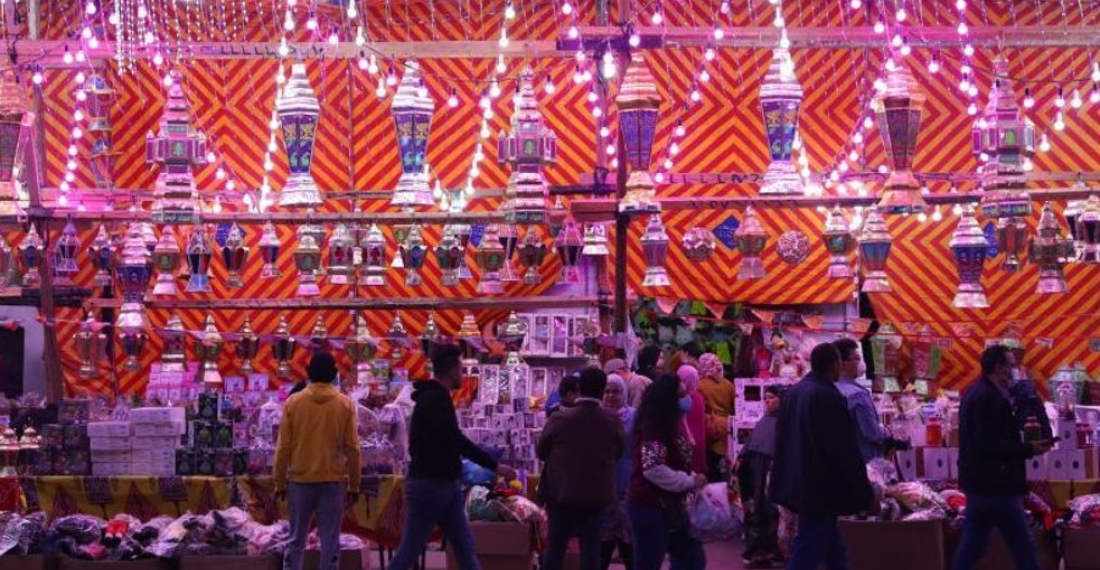Ramadan traditions vary across cultures and regions, and with more than a billion Muslims celebrating the holy month, there is plenty of scope for variety. Some of the important elements found in many traditions are welcoming chants, costumes and cuisine. Mosques and praying areas are also usually cleaned and renovated ahead of Ramadan.
Perhaps the oldest and most preserved tradition among all Muslims is eating dates and dietary products such as milk. Dates are known to be effective in restoring blood sugar levels after several hours of fasting and dairy products provide the necessary vitamins and probiotics for a healthy fasting day.
Traditions are also visible among children who often light lanterns, dress in colourful costumes and chant in the streets. While children are not obliged to fast until they reach the age of puberty, they are often the most excited about the month.
In Tunisia, there is a lot of action in the streets with evening markets. Tunisian also enjoy barley soup and stuffed pastries, and children often make their own desserts.
In Sudan, an important tradition is carrying food in trays and eating with others on the street. The Sudanese enjoy a variety of fresh fruit and herb-based drinks due to their tropical climate.
As for Arabia, nothing beats tea prepared in a metal pot. Tea is prepared regularly and all the family gathers for tea drinking in a moment of reflection and social connection.
In Morocco and other countries, preparations start weeks before with families changing the decorations and the arrangement of the furniture in their house.
In the Levant and Egypt, desserts are very commons and communities often mass decorate their homes and streets, with various cultural and social games and sessions taking place.






